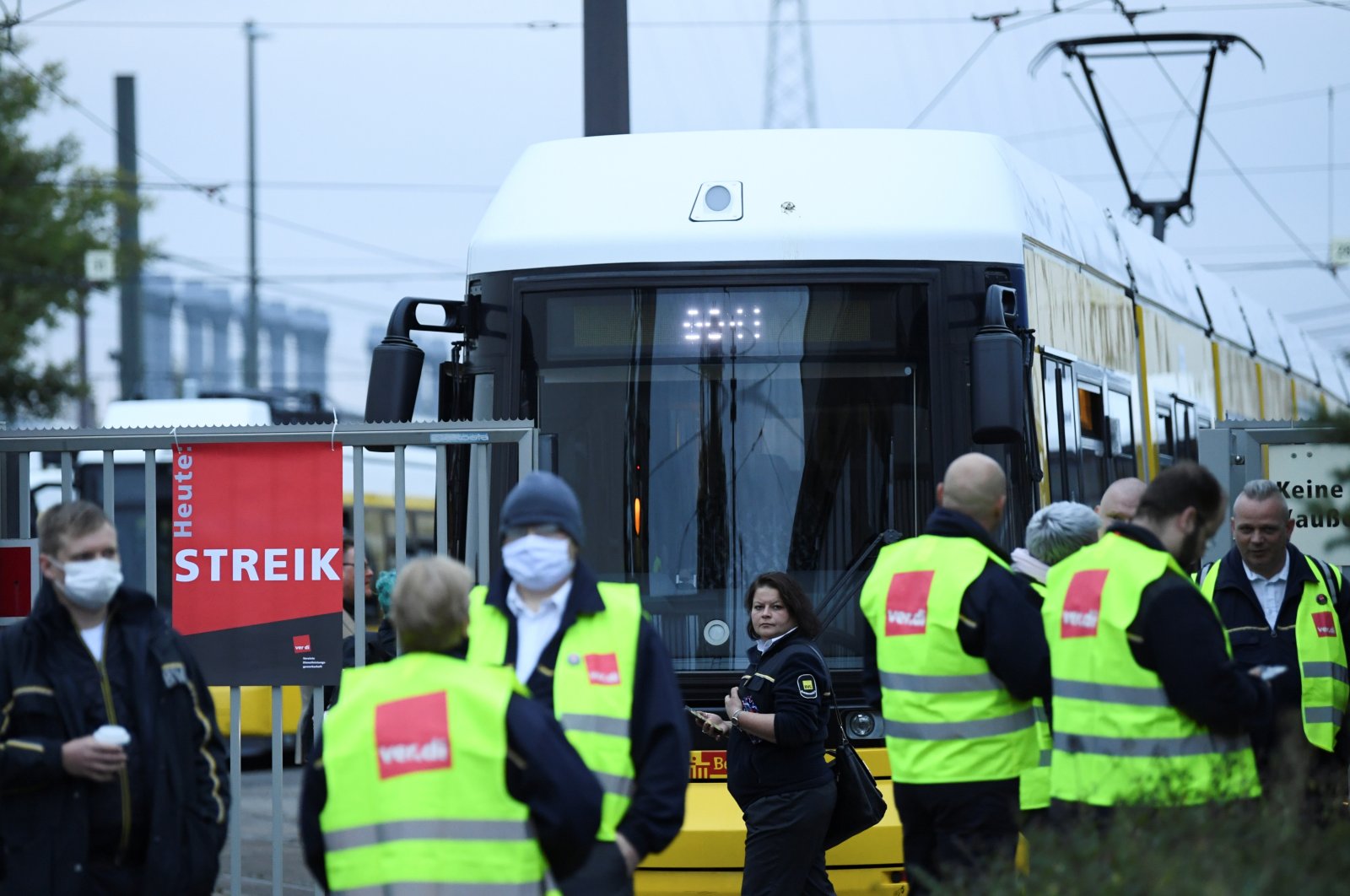
-
Published: 28 March 2023

In the context of growing social tension in Europe's largest economy, a broad strike movement has begun to paralyze the transport sector in Germany at a time when trade unions are demanding wage hikes in the face of inflation. Rising prices have complicated wage negotiations in Germany's largest economy
Edited by| Christian Megan
Economic section - CJ journalist
Berlin – March,28,2023
Several strikes have been organized since the beginning of the year in various sectors, including schools, hospitals, mail, and local administrations
And transport users have to be patient all over the country, as workers at airports, railways, sea transport, Highway companies, and local transport are on strike
Freddy Schwartz, an employee at Munich Airport, warned, "We are ready for further strikes. We have started and we will not stop."
George Bachmeier, an employee at the Federal Bureau of waterways and navigation, said he joined the movement because "we no longer have enough to live on," noting that "heating costs are high, as is fuel, we have to wait every time we go shopping."
Prices in Germany have risen sharply for more than a year, with inflation at 8.7% in February. Germany is among the countries with the highest inflation rate in the European Union
The EVG Union (EVG) represents about 230 thousand employees of railway companies, while the Ver union defends.di (Verdi) for 2.5 million public service employees
The unions are demanding a salary increase of more than 10%.
The state and municipalities propose a 5% increase with two single payments of one thousand and 1500 Euros, respectively, in May 2023 and January 2024
The head of VER is welcomed."it's the biggest turnout for a strike in years,"
Verdi said of the massive mobilization. The flight timing boards at the Friedrichstrasse train station indicated other flight cancellations and delays
Many users understand the strike action, while others are outraged. Stevie Wesser, a 46-year-old shop cashier, says that "it's very good, you have to take into account the enormous work that the strikers are doing."
The German airports Union condemned the strategy of "escalating strikes according to the model of France" as the days of mobilization against the pension reform continue
Germany has become a more favorable environment for social movements as it moves away from the culture of conformity that it was known for
Karl Brinke, an expert at the DAW economic institute, explained that " Germany has seen more strikes in the last ten years than in previous decades."
The country, which has been recording a low unemployment level since the end of the first decade of the current century, is suffering from a labor shortage that puts unions "in a position of strength" in negotiations, according to Brinke
{source}<script async src="https://pagead2.googlesyndication.com/pagead/js/adsbygoogle.js?client=ca-pub-4474625449481215"
crossorigin="anonymous"></script>
<!-- moss test ad -->
<ins class="adsbygoogle"
style="display:block"
data-ad-client="ca-pub-4474625449481215"
data-ad-slot="6499882985"
data-ad-format="auto"
data-full-width-responsive="true"></ins>
<script>
(adsbygoogle = window.adsbygoogle || []).push({});
</script>{/source}
